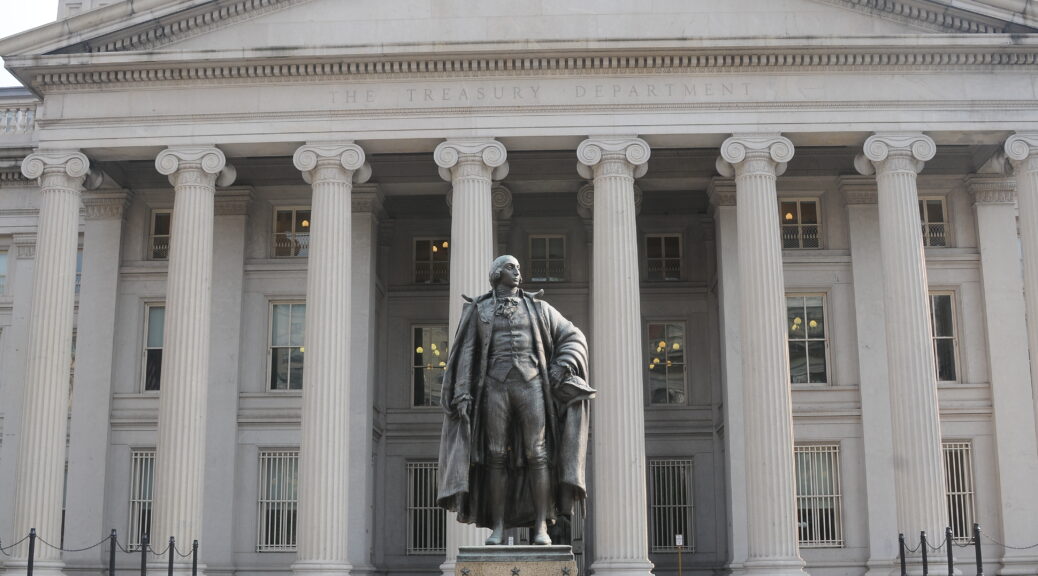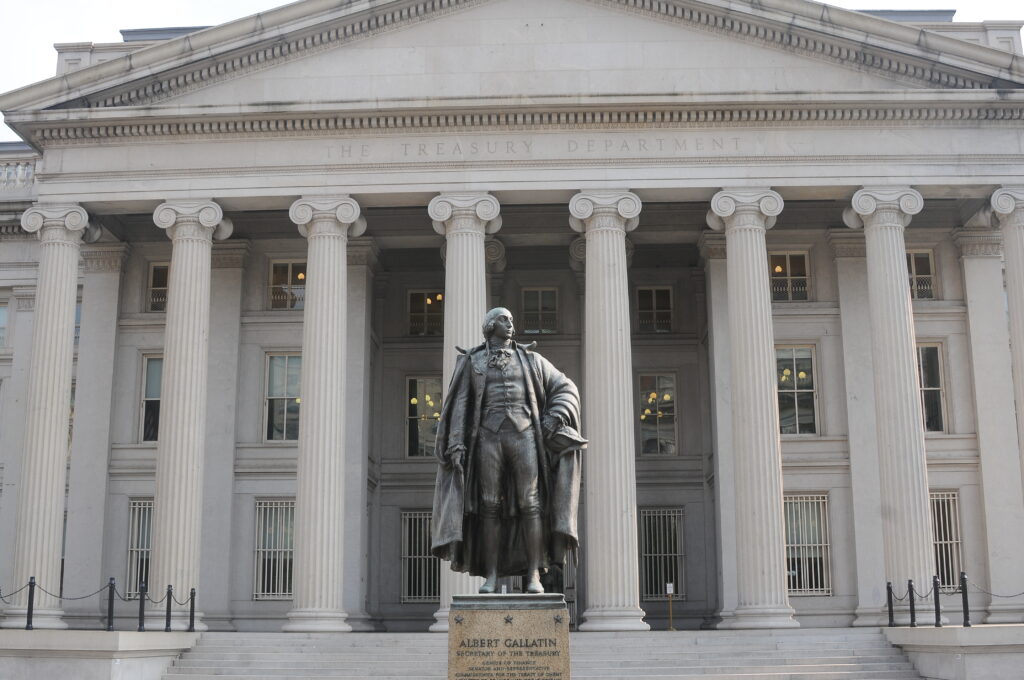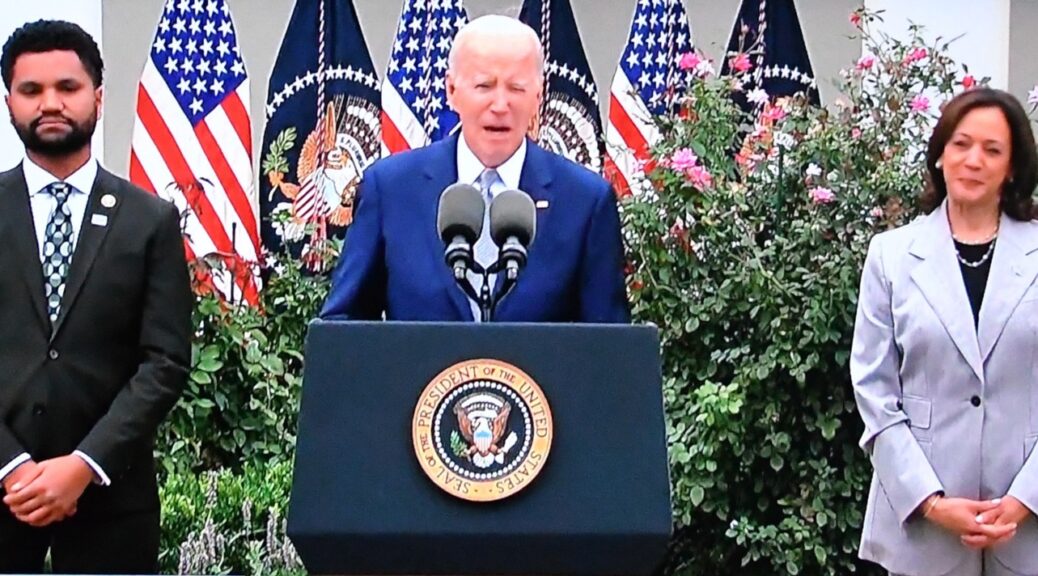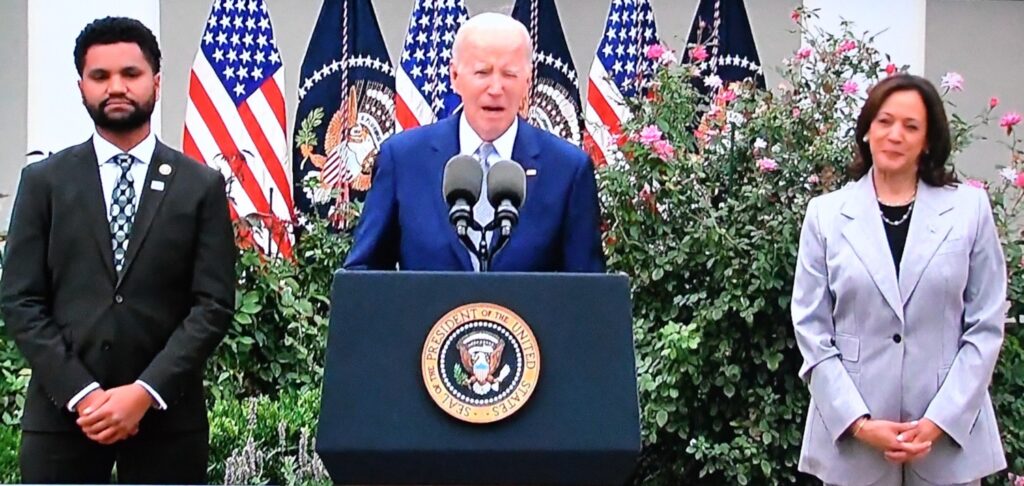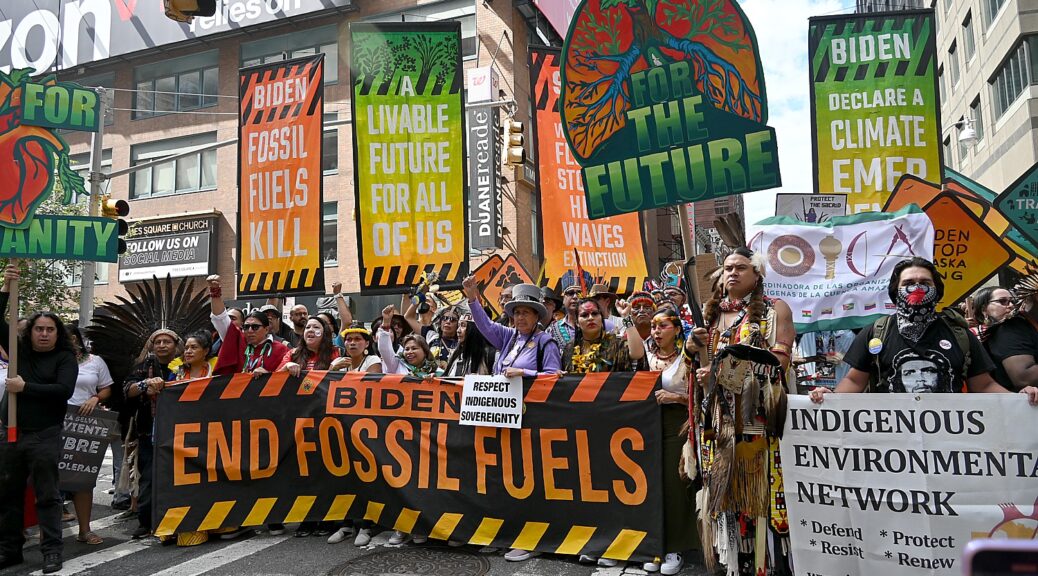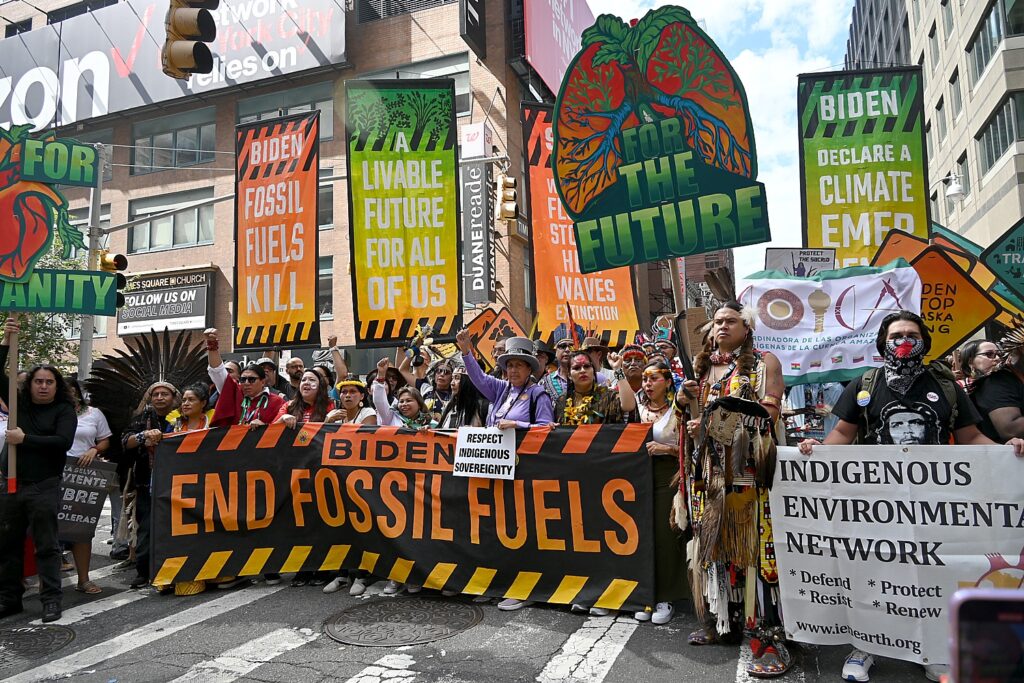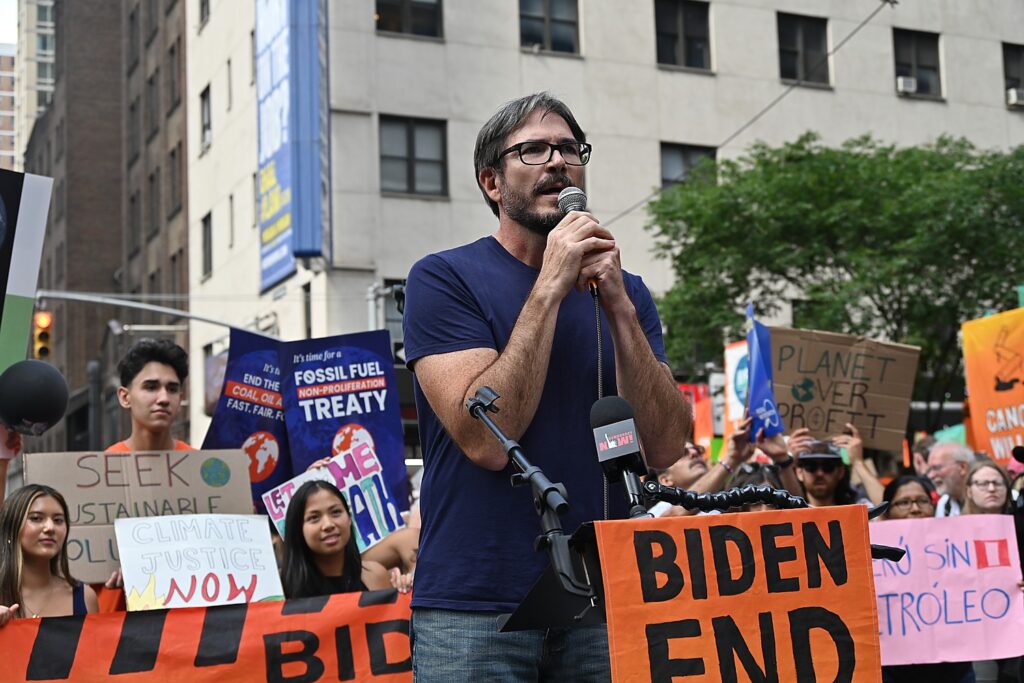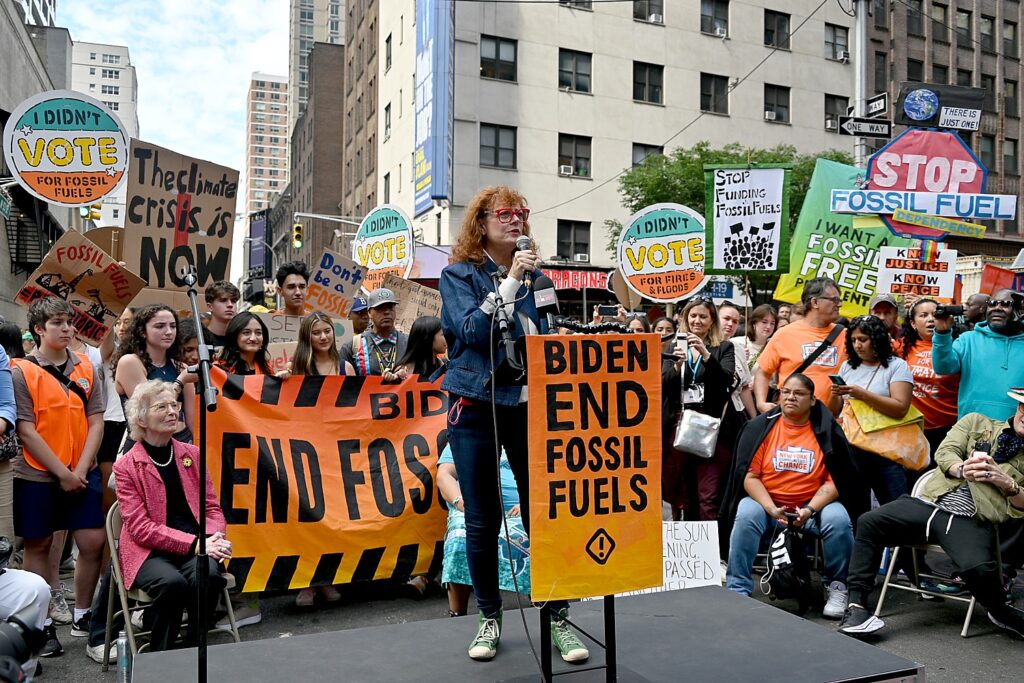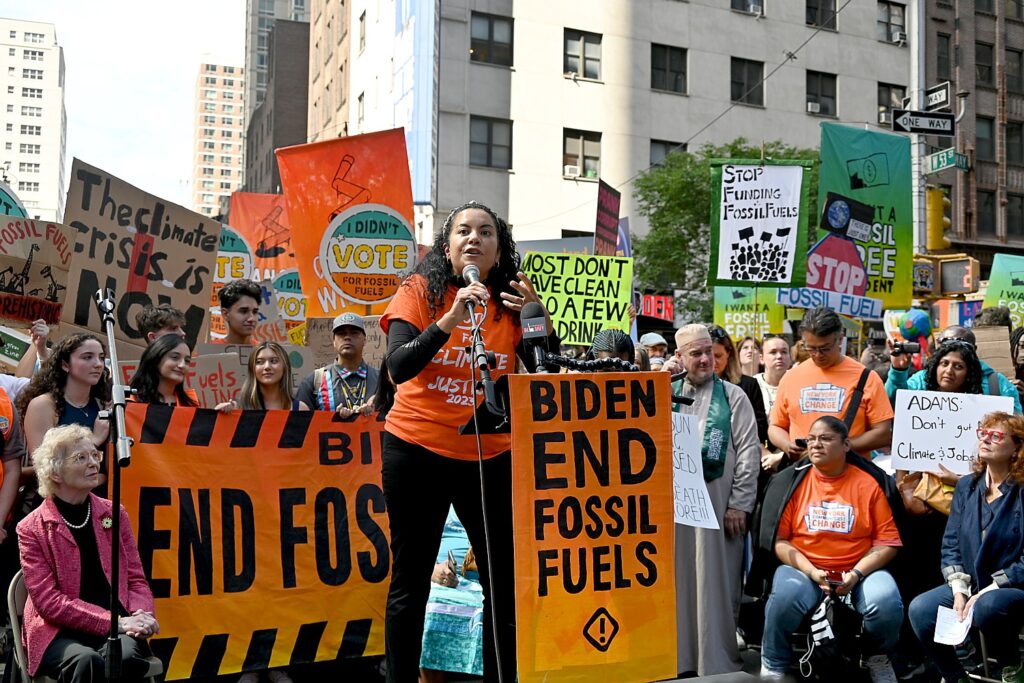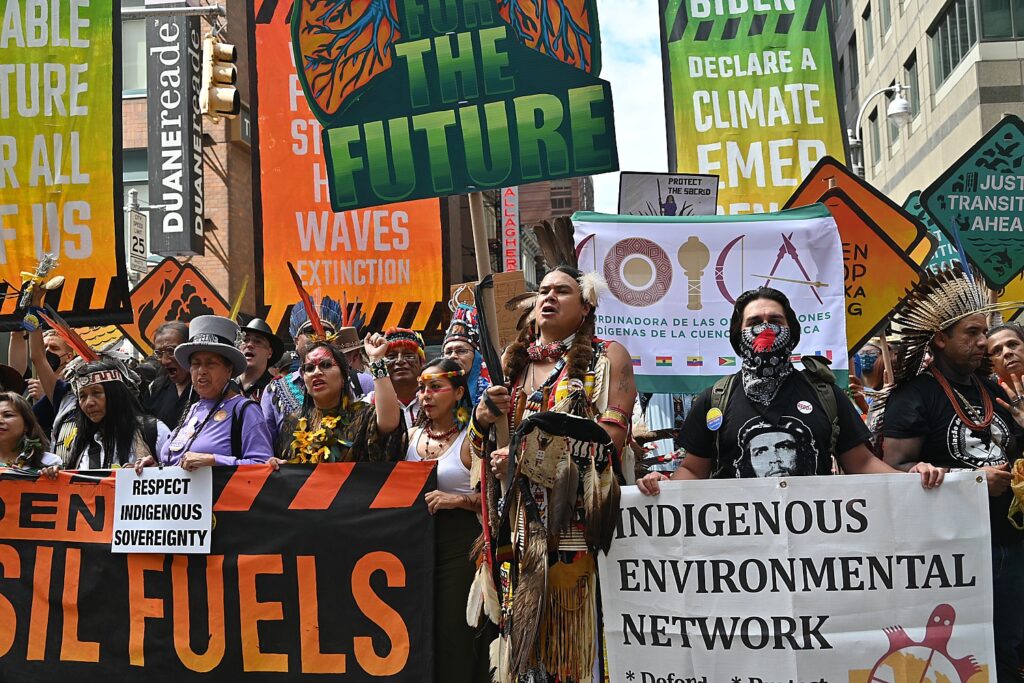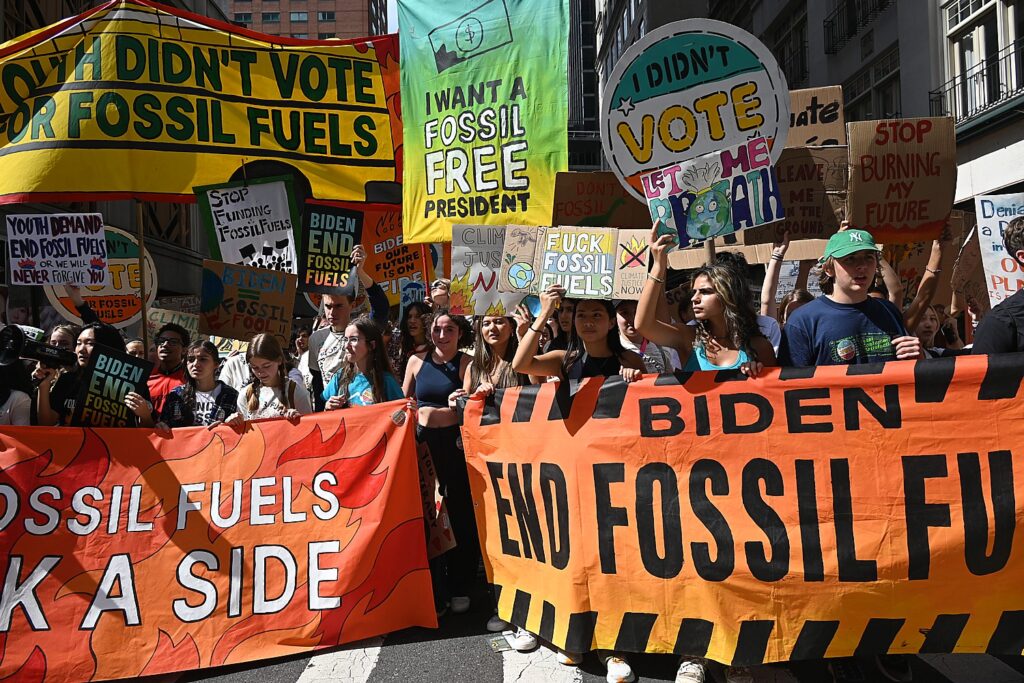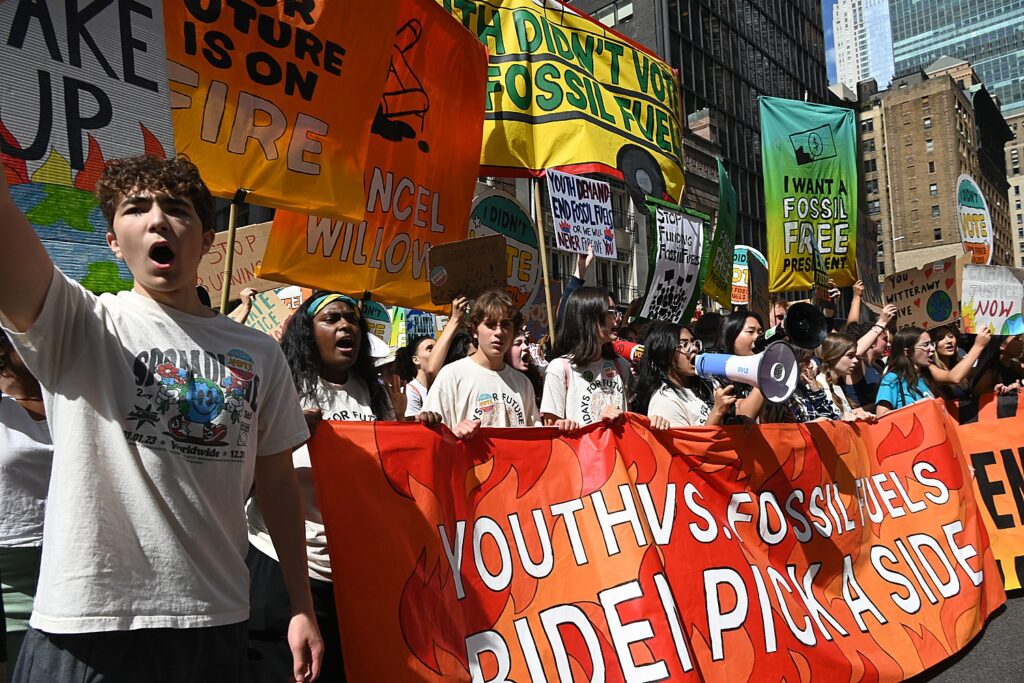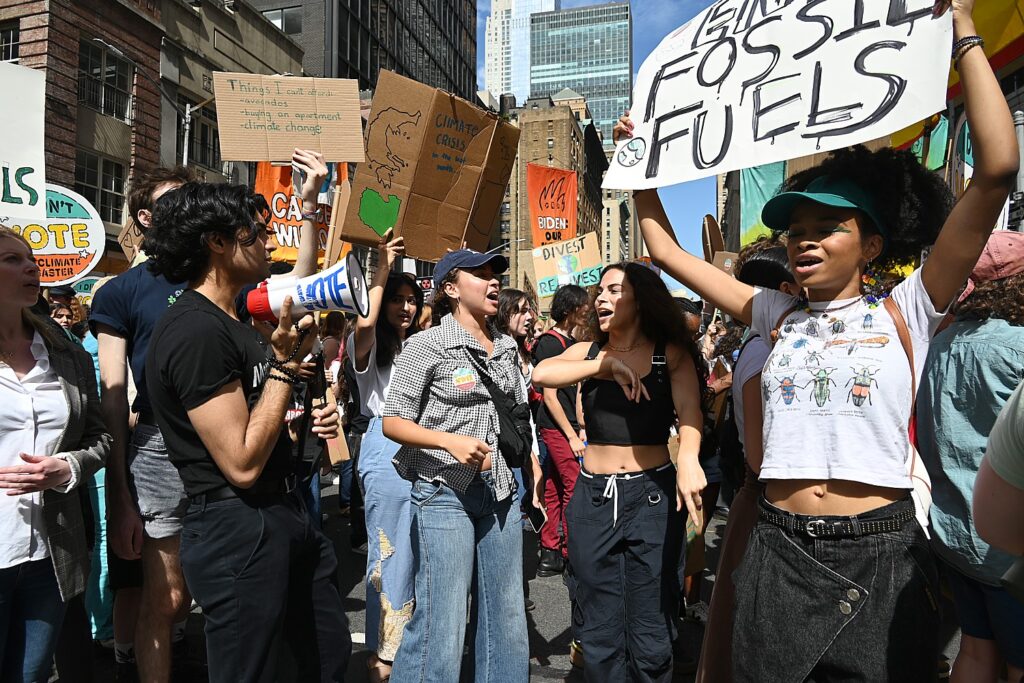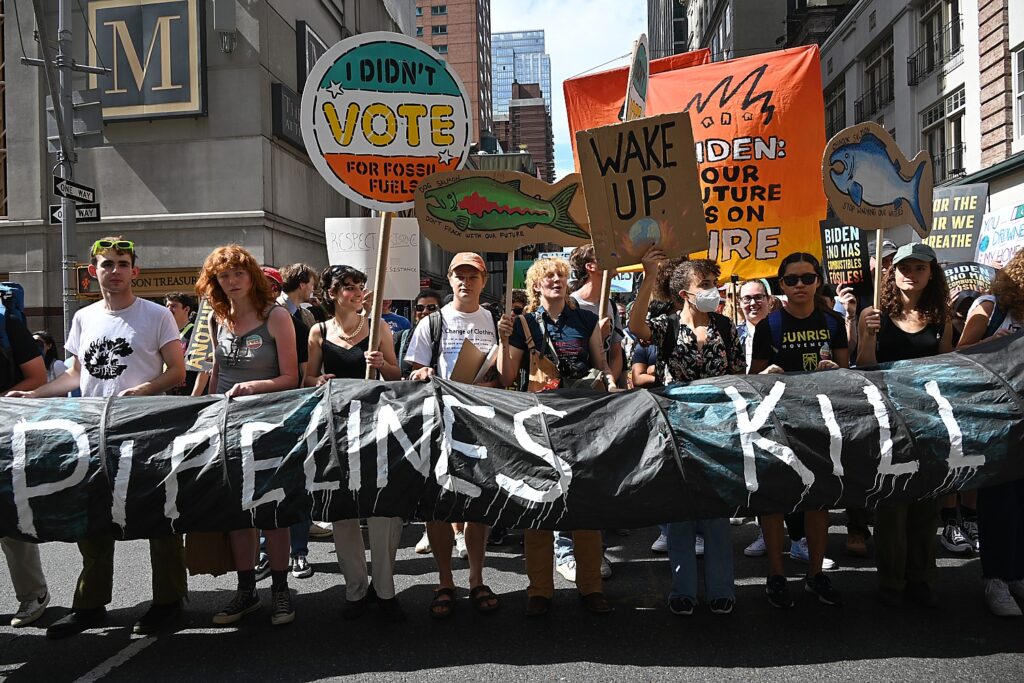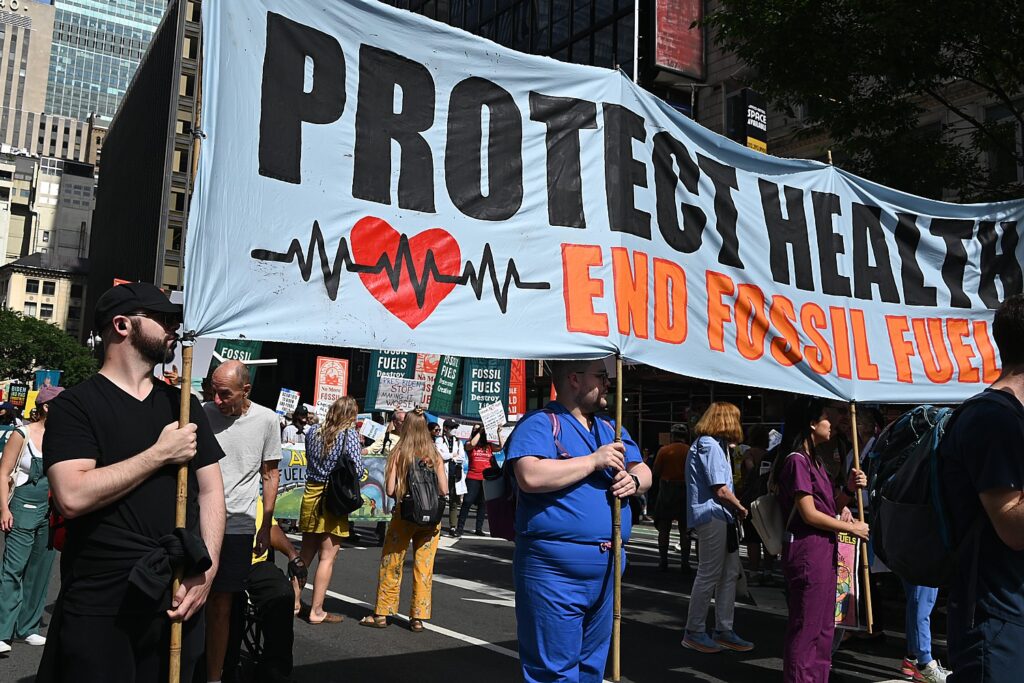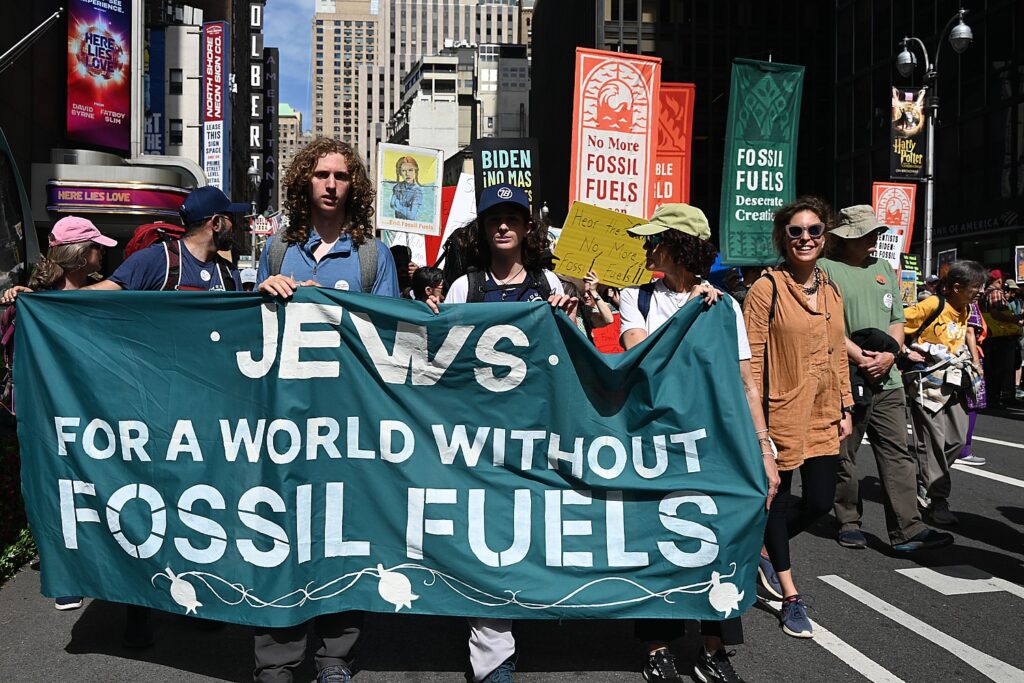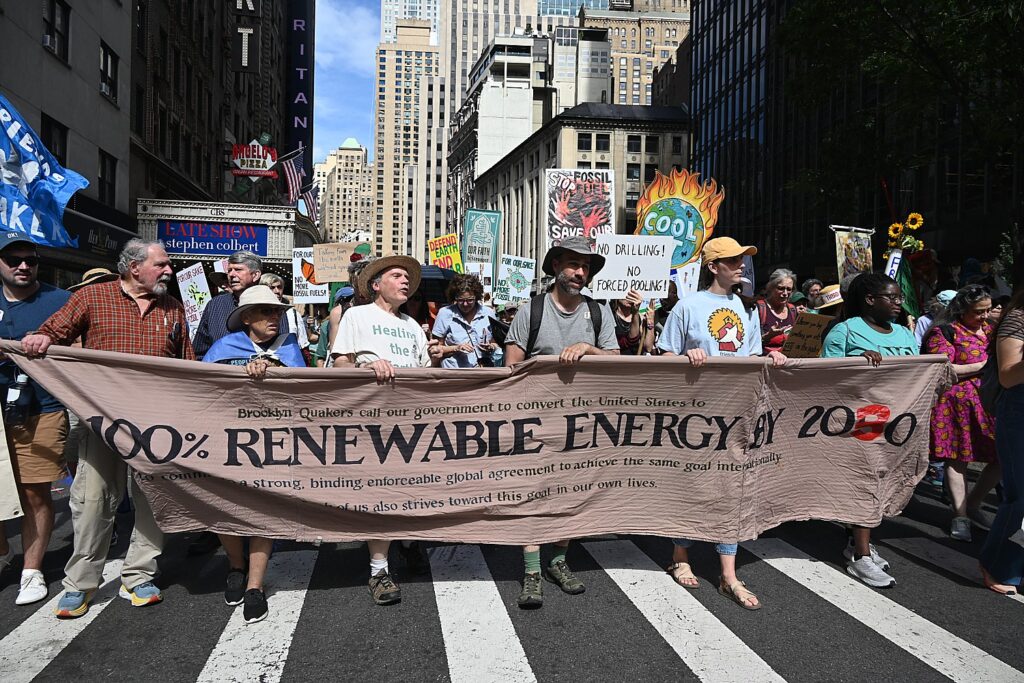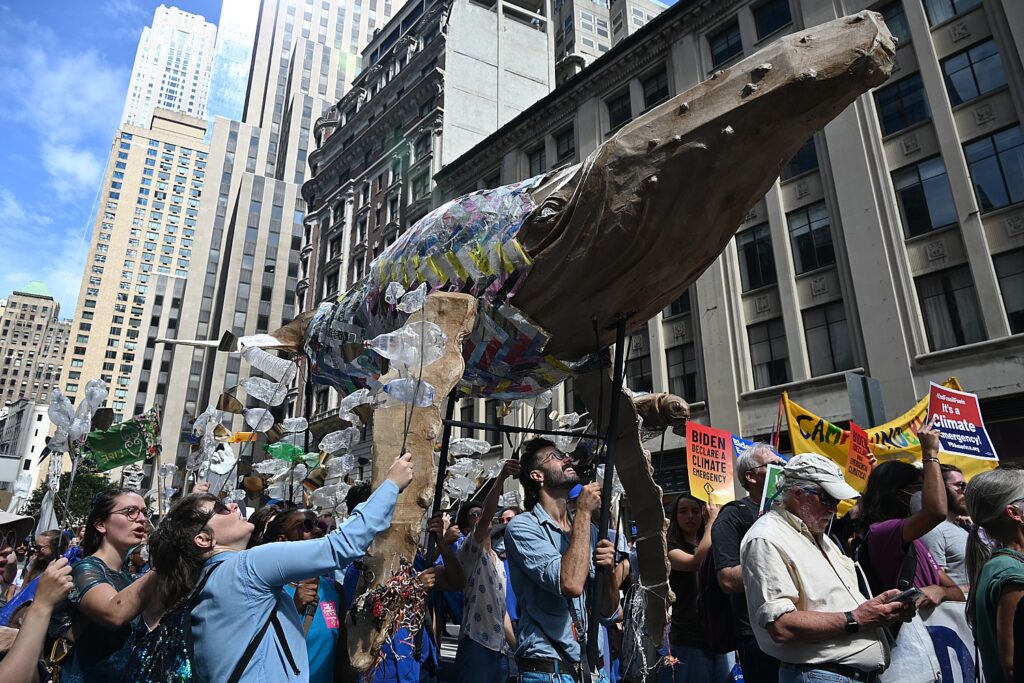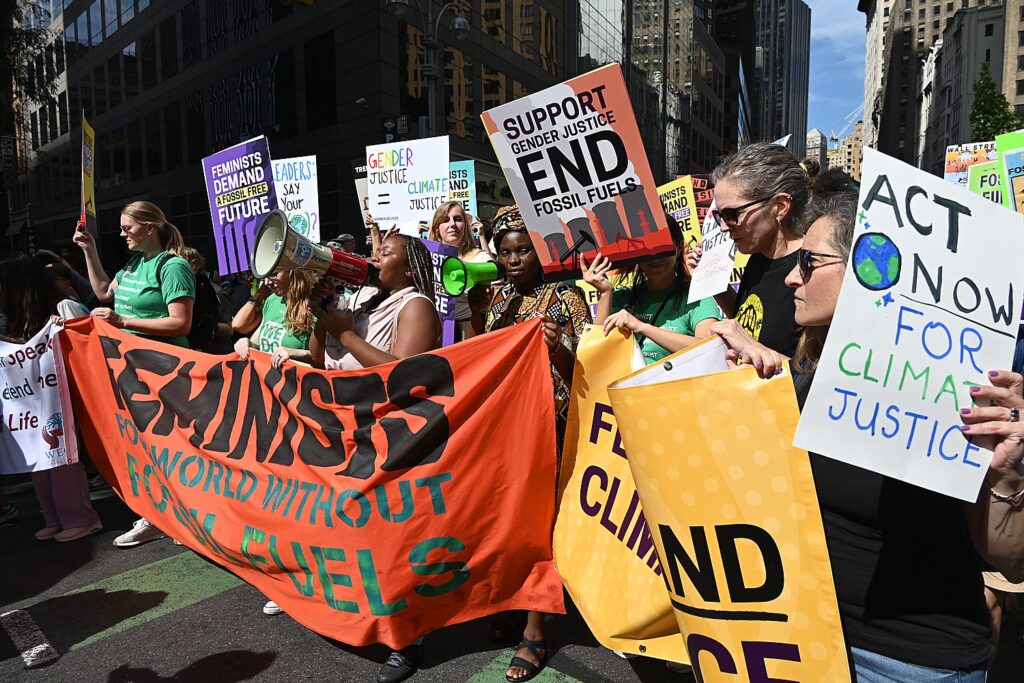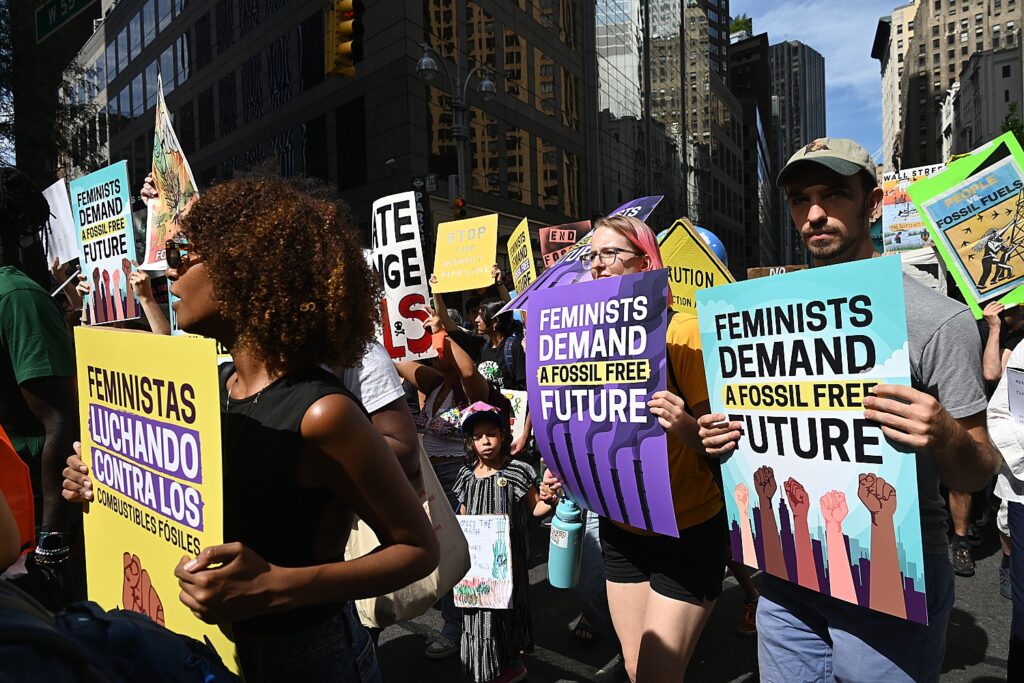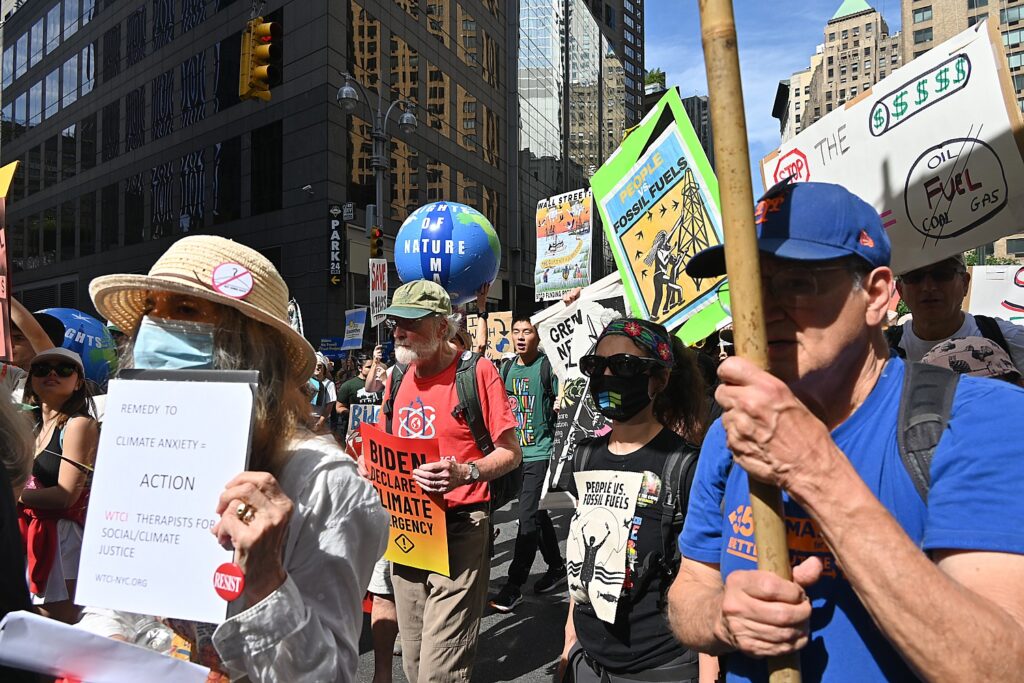
This fact sheet was provided by the White House to detail new actions to expand access to homeownership and ensure homeowners can afford to stay in their homes so that the wealth-building potential of homeownership works for everyone:
For millions of Americans homeownership is a foundation for so many parts of their lives, and for many it is also their primary source of wealth. The Biden-Harris Administration is committed to expanding access to homeownership, ensuring homeowners can afford to stay in their homes and make the repairs they need, and that the wealth building potential of homeownership works equally for everyone.
Today, the Biden-Harris Administration is releasing new data showing major federal investment in homeownership, and announcing key new actions to accelerate progress. These actions make important strides, but given the lack of homes on the market and current interest rates, to truly ensure homeownership is accessible to all households, we need Congress to act. That is why President Biden proposed $16 billion for the Neighborhood Homes Tax Credit, which would result in more than 400,000 homes built or rehabilitated, creating a pathway for more families to buy a home and start building wealth. The President has also proposed a $10 billion down payment assistance program that would ensure first-time homebuyers whose parents do not own a home can access homeownership alongside a $100 million down payment assistance pilot to expand homeownership opportunities for first-generation and/or low wealth first-time homebuyers.
New Data Shows Strong Investment in Homeownership
The Treasury Department released data demonstrating how President Biden’s Investing in America agenda is supporting existing homeowners and helping more Americans access affordable homeownership through over $12 billion in support. The American Rescue Plan’s Homeowner Assistance Fund (HAF) has assisted nearly 400,000 homeowners at risk of foreclosure. Through Q2 2023, the state, territorial, and Tribal recipients of HAF have expended over $5.5 billion to assist homeowners, a 32% increase from Q1 2023. In addition, through the State and Local Fiscal Recovery Funds program local, state, territorial, and Tribal governments are also supporting home ownership, in part by dedicating more than $6.6 billion to support over 17,000 units of affordable housing, through June 30, 2023.
Federal agencies are also releasing data showing record support for low-, middle-income, and first-time homebuyers:
- The U.S. Department of Housing and Urban Development (HUD) is announcing that the Federal Housing Administration’s (FHA) first-time homebuyer rate under the Biden-Harris Administration is the highest it has been since at least 2000. Since the start of the Administration, FHA has supported nearly 1.8 million homeowners with purchase mortgages, and 83.6 percent or 1.5 million of whom are first-time homebuyers.
- The U.S. Department of Agriculture (USDA) is announcing that in this past fiscal year it provided more than 7,100 direct housing loans, which subsidizes loan rates down to 1 percent for certain borrowers. This is the highest number of loans since 2010, serving homebuyers with an average income of $42,918. Roughly 55 percent of these borrowers were female-headed households and 22 percent identify as Black or African American.
- The Department of Veterans Affairs (VA) is announcing that in 2023 it helped 145,480 Veterans retain homeownership and/or avoid foreclosure.
New Actions to Support Homeownership
We know that despite these milestones and actions, homeownership is still out of reach for too many, which is why the Administration is committed to aggressively increasing homeownership opportunities, which includes:
- Allow homebuyers to leverage income from accessory dwelling units: Today, HUD, through FHA, published new policy allowing prospective borrowers to use a portion of the actual or prospective rental income from an Accessory Dwelling Unit (ADU) to be added to the borrower’s effective income for purposes of qualifying for an FHA-insured mortgage. FHA’s new policies will increase the ability of homebuyers across the nation to obtain access to affordable mortgage credit when seeking to purchase properties with ADUs, add ADUs to existing structures, or construct new homes with ADUs. The flexibilities will help more first-time homebuyers, seniors, and inter-generational families leverage ADUs to build generational wealth through homeownership while creating new affordable housing in their communities.
- Increase mortgage opportunities for Tribes: USDA is awarding $9 million in loans to nine Native American Community Development Institutions as a part of its efforts to increase access to homeownership for Native Americans on Tribal Lands through a relending demonstration program. The program provides capital to Native Community Development Financial Institutions (NCDFIs) to be relent to low- and very low-income people who live on tribal lands and are in need of affordable single-family homes.
- Ensure innovative homeownership models can work: Before the end of the year USDA will launch a pilot to test alternative eligibility criteria related to community representation for Community Land Trust Organizations through its Section 502 Direct Home Loan Program. Through this pilot, USDA will evaluate whether expanding eligibility criteria in this way increases access to affordable homeownership opportunities.
- Make home repairs easier to finance: HUD, through FHA, is continuing its work to update the 203(k) Rehabilitation Mortgage Insurance Program to help homebuyers and homeowners finance the purchase or refinance of homes in need of improvement. FHA is considering potential policy changes that could increase the funds available to borrowers to make renovations and repairs. Other policies under review would permit more time for completion of those improvements. These and other program changes will increase the use of FHA-insured mortgages to finance renovations that will improve existing homes and restore them to viable use, adding to the supply of housing in communities across the country.
- Help homeowners know their rights and remain in their homes: The Consumer Financial Protection Bureau, an independent agency, is working on reforms to existing rules to help homeowners when they have trouble making their mortgage payments. The reforms build on observations during the COVID-19 pandemic about places where the rules could be streamlined and simplified. The reforms will ensure homeowners can get the help they need without unnecessary delays or hurdles and are better able to not fall into foreclosure.
- Assist homeowners behind on their mortgages: In fiscal year 2024, VA will deploy a new home retention option that provides a long-term solution to address our most severely impacted Veteran borrowers. The VA Servicing Purchase (VASP) program will help Veteran borrowers who are behind on their mortgage loan who do not qualify for traditional home retention options.
The announcement builds on prior work across the Administration, including a policy announced earlier this year that reduced the mortgage insurance fees for borrowers receiving FHA loans, saving them on average $800 per year on housing costs. HUD has also made it easier for first-time homebuyers to qualify for FHA-insured mortgage financing by permitting lenders to use positive rental history as a factor in evaluating an applicant’s creditworthiness and by providing more access to affordable single-family FHA-insured mortgage financing for creditworthy individuals with student loan debt. Ginnie Mae is enhancing its security disclosures so that, for the first time, investors can measure their social impact in driving first time homeownership. This policy can expand access to capital for first time homebuyers. And this work builds on efforts by the Administration’s Interagency Task Force on Property Appraisal and Valuation Equity (PAVE), which is making critical progress toward ensuring there is equity in the home appraisal process. However, the White House calls on Congress to pass the President’s proposals so that we can ensure homeownership is a possibility for all Americans.


